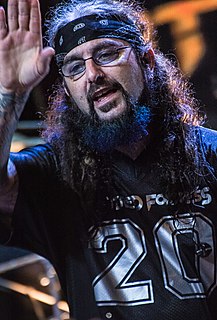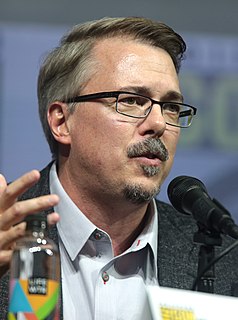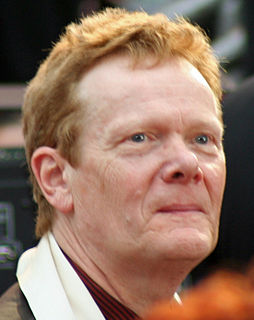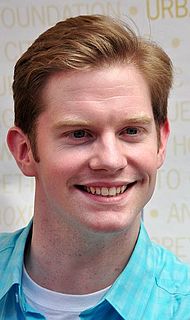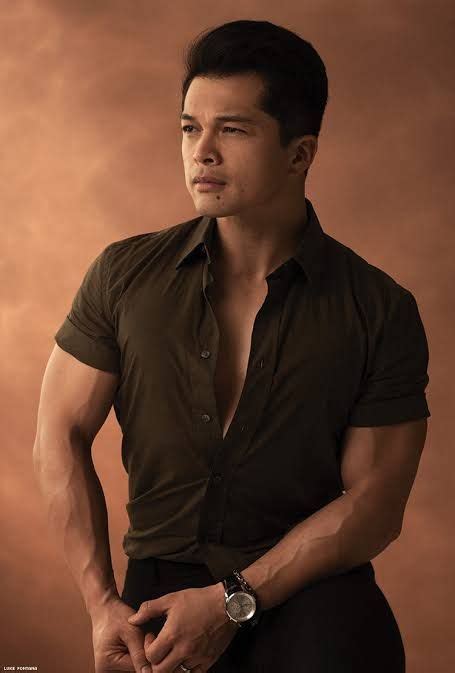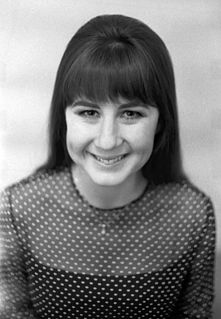A Quote by Justin Bartha
When you're talking about pure form, theater is a wonderful outlet.
Related Quotes
She [Hillary Clinton] knows the people well. I think there is - you know, also talking about breaking down barriers and talking about that, whether we`re talking about that in economic terms. I mean, she`s the only person who has been out there talking about white privilege and talking about sort of the intersectionality of some of these issues.
I've been working in theater, really, since about 1965. I started working with the Mabou Mines about then, and in a way I've always worked in the theater, but it's never been a main part of my work. And it wasn't until Einstein that I kind of shifted into high gear with theater, working with Bob, with Bob Wilson. And since then I find it a very attractive form to work in. It's just an extension of my work.
We had lunch that day [with Chris Ellis], and I was talking about this idea. I toyed with it a little bit on Twitter in story form at one point. And he thought it was a great idea, and he thought, "Well, let's bring my friend Harry Hannigan in, who's a wonderful writer, and let's see if we can put something together."



